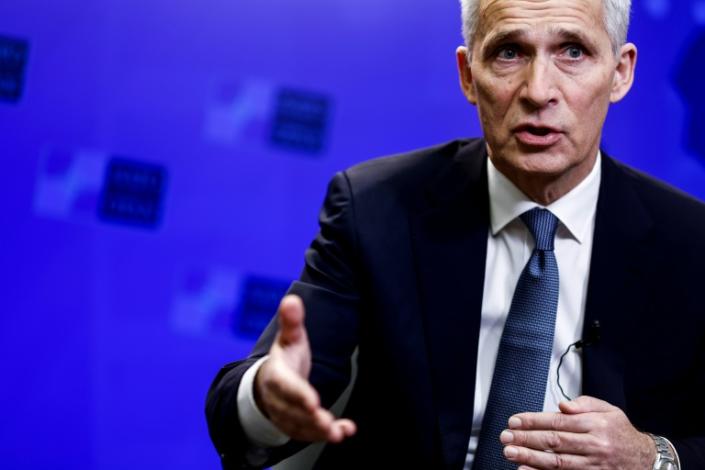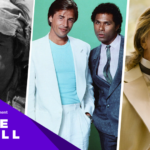
Russia is readying for a protracted war in Ukraine and Kyiv’s NATO backers must keep sending weapons until President Vladimir Putin realises he “cannot win on the battlefield”, alliance chief Jens Stoltenberg told AFP on Friday.
Almost 10 months into Moscow’s invasion, Kyiv’s forces have inflicted a succession of defeats on the Kremlin that have seen swathes of territory liberated.
But NATO Secretary General Stoltenberg warned there was no sign Putin had “given up his overall goal of controlling Ukraine”.
“We should not underestimate Russia. Russia is planning for a long war,” Stoltenberg said in an interview.
“We see that they are mobilising more forces, that they are willing to suffer also a lot of casualties, that they are trying to get access to more weapons and ammunition,” he added.
“We have to understand that President Putin is ready to be in this war for a long time and to launch new offensives.”
NATO allies, led by the United States, have sent billion of dollars of weaponry to Ukraine that have helped it turn the tables in the conflict and put Moscow on the back foot.
“Most likely this war will end at the negotiating table, as most wars do,” Stoltenberg said, insisting any solution should ensure “Ukraine prevails as a sovereign, independent nation.
“The fastest way to achieve that is to support them militarily so President Putin understands that he cannot win on the battlefield but has to sit down and negotiate in good faith.”
– ‘Ramping up production’ –
In response to its setbacks on the battlefield, Moscow has unleashed waves of missile and drone strikes against Ukraine’s civilian energy infrastructure.
US reports say Washington is finalising plans to send its most advanced Patriot missile batteries to Ukraine to add to other Western air-defence systems provided to Kyiv.
Stoltenberg said there was a “discussion going on” about delivering Patriots, but pointed out that NATO allies had to make sure there was enough ammunition and spare parts to keep weapons sent so far working.
“We have a dialogue among allies on additional systems, but it becomes more and more important to ensure that all the systems that are delivered are functional.”
Ukraine’s demands for more weapons and a huge flow of ammunition have drained the stockpiles of NATO members and sparked fears the alliance’s defence industries may not be able to produce enough.
“We are ramping up production to do exactly that: to be able both to replenish our own stocks for deterrence and defence, and to continue to provide support to Ukraine for the long haul,” Stoltenberg said.
In the short term, that means more shifts at factories to maximise output and over time bolstering joint purchases of weapons and giving industry “long-term demand signals so they can invest more,” he said.
– ‘Pivotal moment’ –
Putin’s full-scale invasion of Ukraine has been a seismic shock for the West.
It has forced NATO to carry out its biggest adaptation since the end of the Cold War by massively bolstering its eastern flank and it has seen Finland and Sweden push to enter the alliance.
“This is the most dangerous security crisis we have been in in Europe since the Second World War,” Stoltenberg said.
“This is a pivotal moment for security.”
Stoltenberg said that while there had been a drop-off recently in nuclear threats from Putin, the alliance remained “vigilant and will constantly monitor what they do.
“Nuclear rhetoric in reference to potential use of nuclear weapons is reckless, is dangerous,” the NATO chief said.
“His aim is of course to deter us from supporting Ukraine, but he will not succeed in doing that.”
Stoltenberg’s current term as NATO head is set to expire towards the end of 2023, after allied leaders in March extended his tenure for an extra year because of the war raging in Ukraine.
The former Norwegian prime minister, 63, remained non-committal on whether he would definitely leave the post next year, saying only “I have no other plans”.
He would not be drawn on calls from some for a woman to succeed him as NATO’s first female secretary general.
“My focus is on fulfilling my responsibilities as secretary general of NATO in a way that ensures that this alliance continues to stand together,” he said.
“That’s my only focus and then I leave it to the heads of state and government to decide what happens after my term.”
del/rmb/jj




